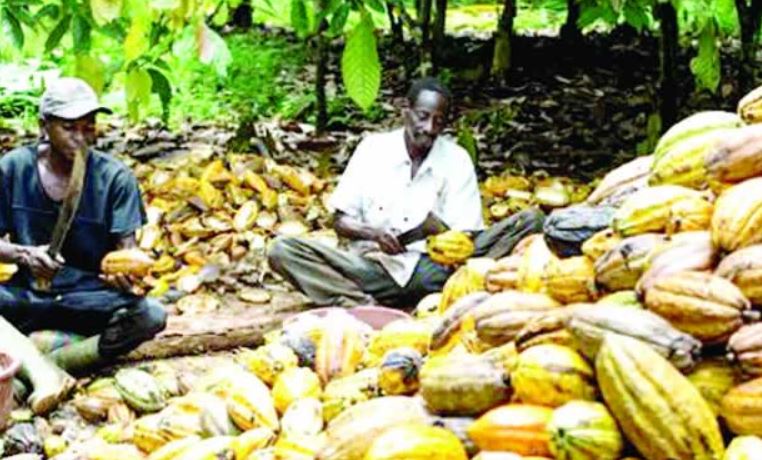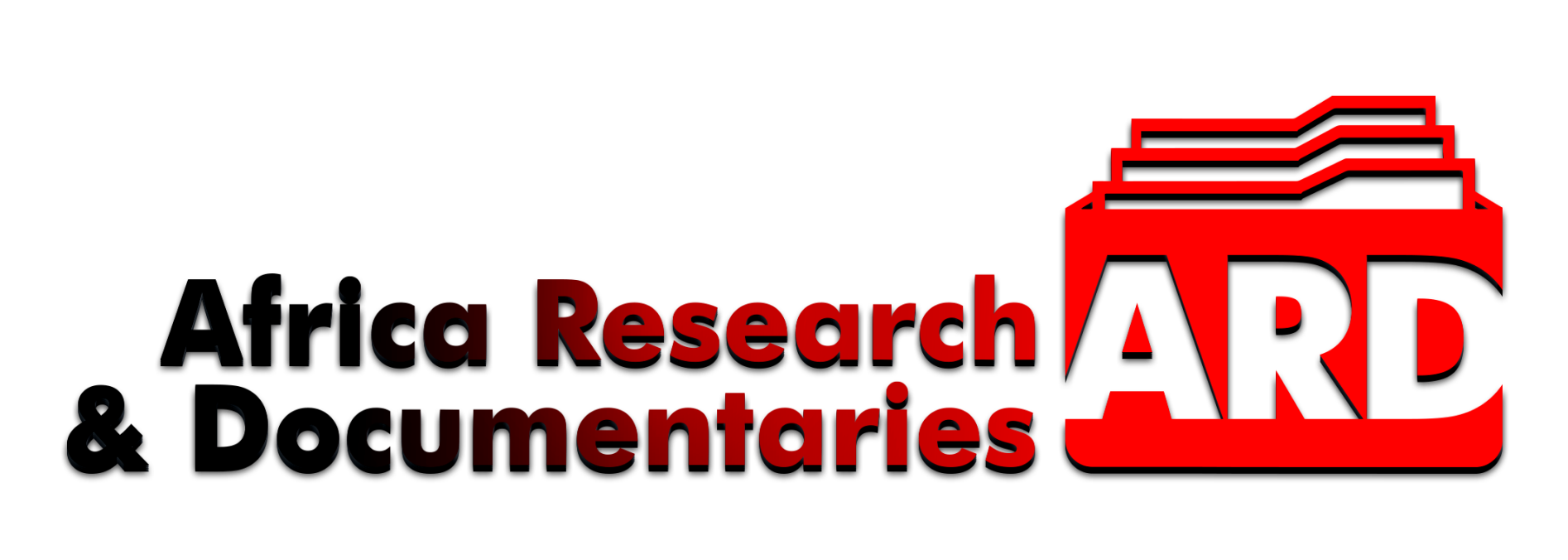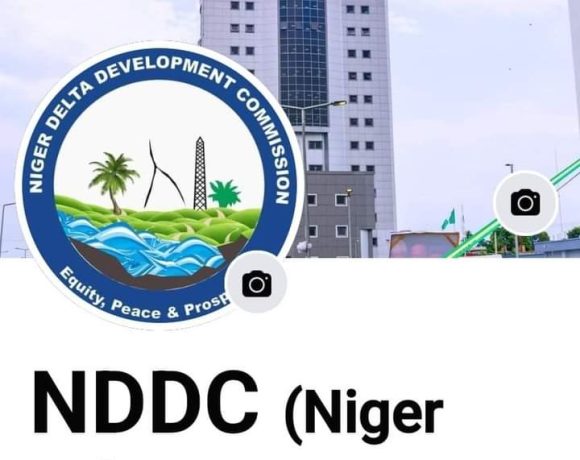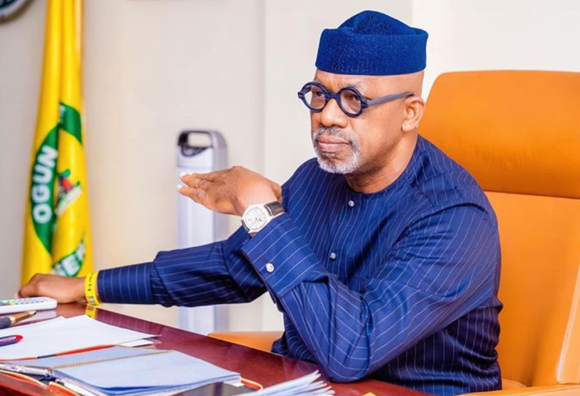Securing the Future of Nigeria’s Cocoa Industry

Nigeria Cocoa Industry – ARDnig
The Nigerian cocoa industry’s ongoing efforts to secure its future by adopting sustainable practices, complying with the EU’s Deforestation Regulation (EUDR), and empowering the youth. Stakeholders, including the Cocoa Farmers Association of Nigeria, are committed to protecting forests and strengthening Nigeria’s global market presence by modernizing farming techniques and involving young Nigerians in cocoa farming and entrepreneurship. The annual Cocoa Festival in Calabar fosters collaboration, encouraging farmers to adopt sustainable practices and innovate. Cross River State has positioned cocoa as a major economic driver, working to attract investment and modernize the industry to create more jobs and improve productivity.
Embracing Sustainable Cocoa Production
Stakeholders in Nigeria’s cocoa industry, led by the Cocoa Farmers Association of Nigeria, are determined to ensure compliance with the European Union’s Deforestation Regulation (EUDR). The industry is working to protect Nigeria’s forests by adapting to sustainable farming practices. Compliance with the EUDR is crucial for Nigeria’s cocoa to remain competitive globally, opening doors to international markets and fostering responsible growth.
Empowering Youth in Cocoa Farming
To secure a thriving future for Nigeria’s cocoa industry, stakeholders are promoting youth inclusion through entrepreneurship. By involving young Nigerians in cocoa farming and processing, they aim to increase local employment and create future industry leaders. This shift will modernize practices, helping young farmers access global markets and add value to cocoa products.
Addressing Core Industry Challenges
The sector faces challenges, including outdated farming methods, limited access to high-quality seedlings, and a lack of advanced technology. Improving these areas can increase productivity and revenue for farmers. Stakeholders are focused on modernizing farming techniques, providing access to better seeds, and promoting investments in infrastructure to boost industry.
“Sustainability isn’t just a policy; it’s essential for growth and global access.”
The Cocoa Festival: Building Connections
Held in Calabar, the annual Cocoa Festival offers industry players a platform to connect and share sustainable ideas. This gathering emphasizes the value of partnerships in strengthening the cocoa industry, allowing farmers to share insights and encourage collective action towards growth and compliance with international standards like the EUDR.
The Economic Vision for Cross River State
Cross River State, a major player in Nigeria’s cocoa industry, has committed to using cocoa as a key economic driver. The state produces around 60,000 tonnes of cocoa yearly and cultivates over 120,000 hectares. Governor Bassey Otu’s administration supports this vision by reviewing produce laws and seeking to attract foreign investment to create more jobs in cocoa farming.
Conclusion
The future of Nigeria’s cocoa industry relies on collaborative efforts toward sustainable farming, youth empowerment, and overcoming existing challenges. By embracing environmentally responsible practices and fostering entrepreneurship, Nigeria can enhance its competitive edge in the global cocoa market while securing better livelihoods for its people. This holistic approach not only aligns with international standards but also builds a resilient, prosperous cocoa industry for future generations.










